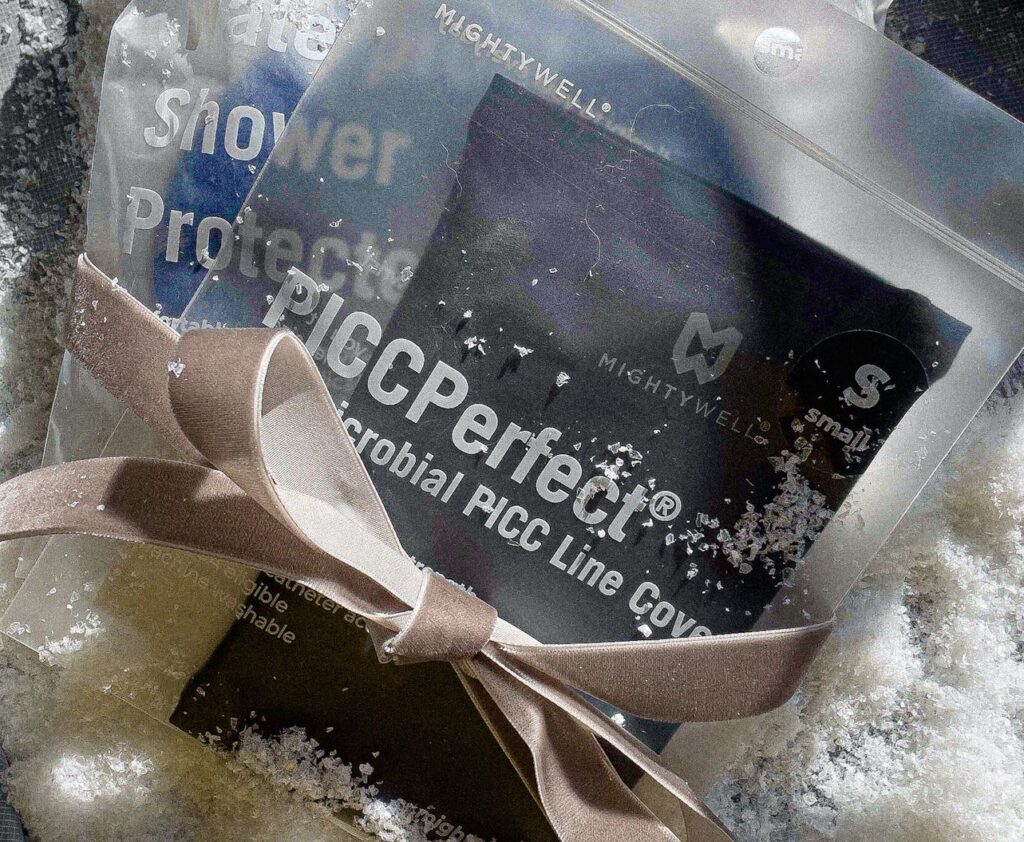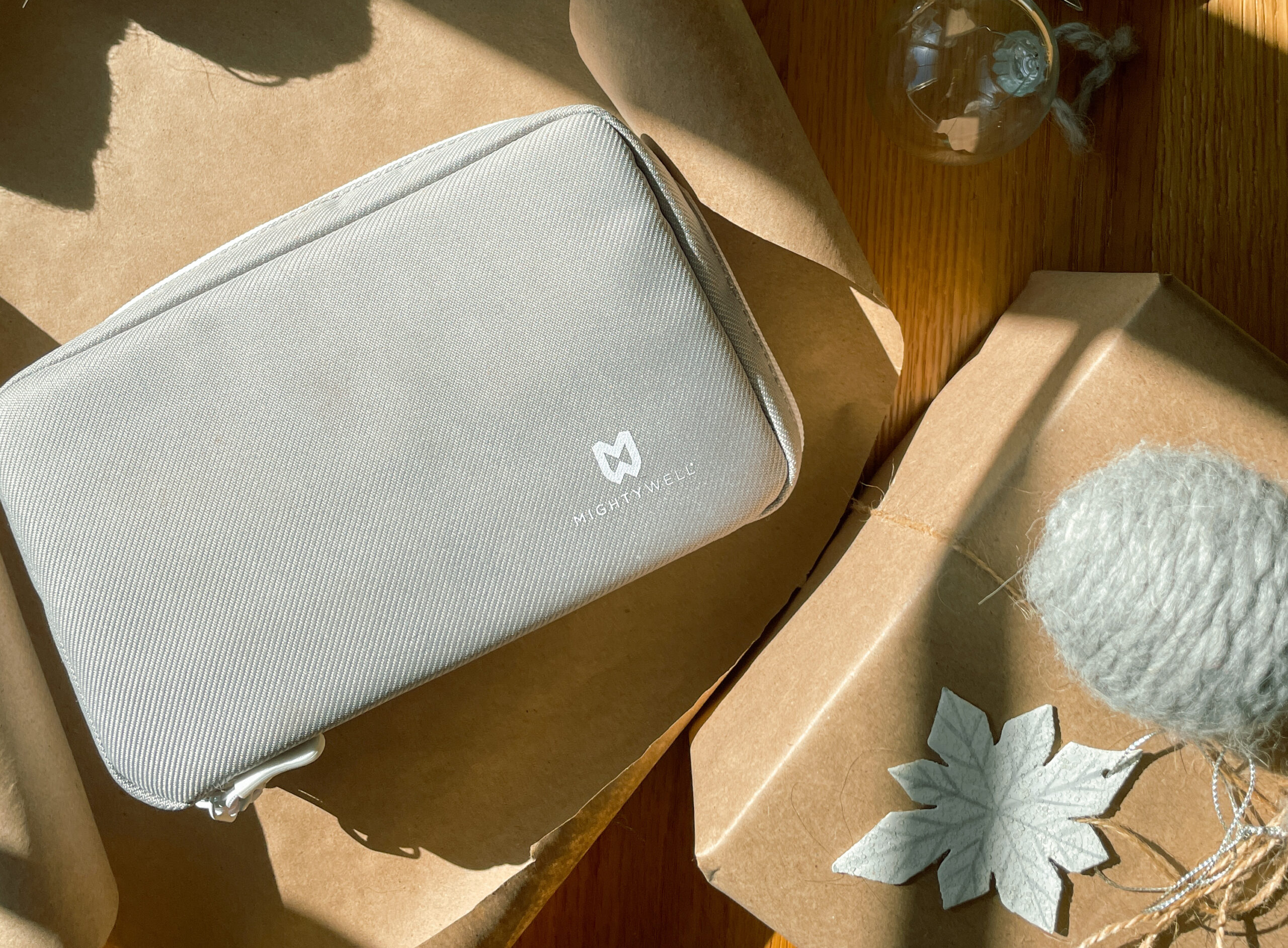At Mighty Well, our goal is to make our products accessible to our community. That is why we accept Flexible Spending Account (FSA) dollars to purchase Mighty Well products! For those who have FSA/HSA benefits, you use it just as you would a credit card at checkout. If you’d rather use your regular credit card, you can email us for an itemized receipt to file a claim. Check with your family’s primary insurance holder to see if you have this benefit.
It is important to note that your insurance plan/provider determines reimbursements. While most Mighty Well products are eligible, your insurance provider has the final say in whether or not you will be reimbursed. Mighty Well does not have control over what insurance providers deem as eligible for reimbursement.
Below is a simple-to-understand guide on how to use FSA/ HSA funds before the end of the year:
You can save a lot of money on healthcare by using FSAs and HSAs accounts. Many people often need help knowing when and how to use these accounts once they’ve set them up. The good news is they can be used for a variety of out-of-pocket healthcare costs, such as:
- Over-the-counter (OTC) products like Mighty Well’s PICCPerfect®, Self Care Case, Fluid Motion Backpack, and Masks
- Medical testing
- Copayments
- Deductibles
- Prescription drugs
Since it’s the end of the year, here’s a small reminder of what FSAs/HSAs are, who’s eligible, and how they help you save money.

HSA vs. FSA: What’s the difference?
HSA: Healthcare Savings Accounts
- This is a tax-advantaged account to be used only for healthcare expenses
- It can be rolled over in its entirety from year to year. Applicants must have a high-deductible health plan that covers at least $1,400 for individuals and $2,800 for families
- Enrollment in an HSA is done via an employer or private insurance
- You can contribute to a health savings account with pre-tax dollars, which reduces your taxable income
FSA: Flexible Spending Accounts
- Similar to HSA, but less flexible
- This is only offered as an employee benefit, and it doesn’t come with you when you change jobs
- The IRS has set a $3,650 maximum contribution to an individual FSA and a $7,300 maximum contribution to a family HSA for 2022
- This is the more common type of account
- Younger, healthier people tend to be more conservative about their FSA allotment than people with chronic conditions that require ongoing treatment
Do I Lose my FSAs Dollars At the End of Each Year?
Unfortunately, Yes. Different from HSAs, unused balances in FSA accounts don’t usually roll over into the following year. You will forfeit any unused funds unless offered a grace period or your employer’s FSA plan explicitly allows a rollover. Just know the IRS limits this rollover to $570. For this reason, it is essential to consider how you contribute to an FSA based on your estimated medical expenses.

What does an FSA/HSA cover exactly?
There are subtle differences between individual plans for each FSA and HSA account. Frequent uses of the account are out-of-pocket medical, dental, and vision expenses, including deductibles, copays, and prescription medication. They also cover any number of OTC medicines, devices, and products, including several products from Mighty Well. Insurance premiums are not covered by FSA/HSA accounts.
Use your FSA or HSA card mightywell.com to take advantage of your benefits!
Living with illness and disability can be isolating. Thankfully, it doesn’t have to be. Sign up below to be in the know on our latest product and content releases, exclusive offers, and community events.

